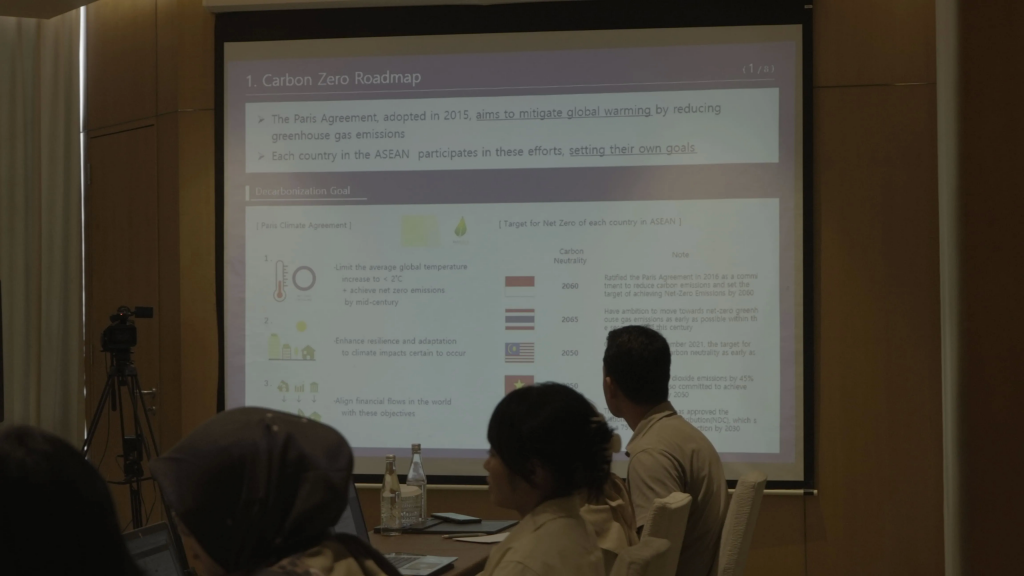
SEAToday.com, Jakarta – Indonesia remains determined to achieve its goal of 400,000 electric vehicles (EVs) on the road by 2025, despite slow adoption due to key market challenges.
Nizhar Marizi, Director of Energy, Minerals, and Mining Resources at Bappenas, highlighted battery reliability, limited charging infrastructure, high costs, and loyalty to specific brands as barriers during the “Indonesia-South Korea Green Partnership” forum on October 10, 2024, organized by the Korea Foundation and the Indonesian Next Generation Journalist Network.
According to state utilities PLN and Pertamina surveys, concerns over battery reliability and the limited availability of charging stations—particularly on toll roads—are among the primary reasons for the sluggish uptake. “In Indonesia, private vehicles are not just for commuting but are widely used for long-distance travel,” Marizi noted.
Although the government introduced a subsidy program in 2022 offering IDR 7 million (USD 450) per EV, it has only met 40% of sales targets. Marizi indicated plans to expand subsidies to include maintenance infrastructure and technician training to boost consumer confidence.
Meanwhile, Head of Business Development at Hyundai Motor Asia Pacific Hendry Pratama stressed the need for a strong EV ecosystem, including production and after-sales support. Meanwhile, regulatory hurdles have slowed charging station (SPKLU) development. Current regulations require private investors to commit IDR 10 billion (USD 650,000) per SPKLU, prompting calls for deregulation to attract more investors.
With 2,500 SPKLUs installed as of August 2024, the government aims to reach 10,000 by 2025, hoping expanded infrastructure will ease concerns and accelerate EV adoption.
